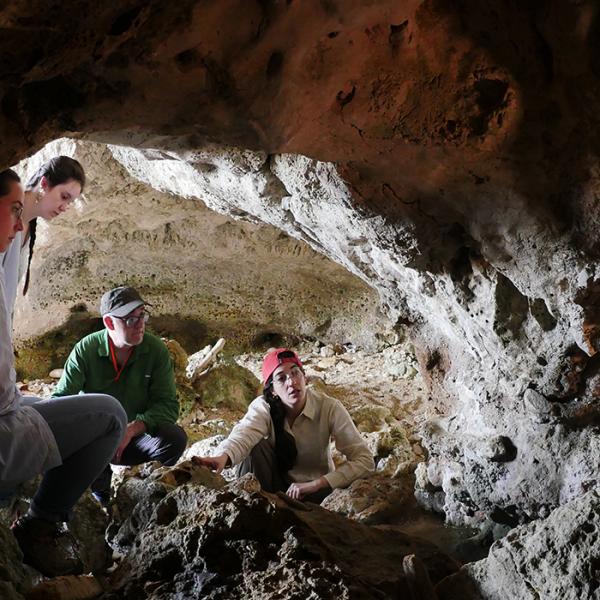The National Science Foundation (NSF) funds research and education in most fields of science and engineering. It does this through grants, and cooperative agreements to more than 2,000 colleges, universities, K-12 school systems, businesses, informal science organizations and other research organizations throughout the United States. The Doctoral Dissertation Research Improvement Grant is one grant provided by the NSF to encourage and support projects that explicitly integrate education and basic research carried out by doctoral students enrolled in U.S. universities.
The Dictoral Dissertation Grant is awarded through multiple programs with specific scientific foci. The primary objective of the Cultural Anthropology Program within NSF is to support basic scientific research on the causes, consequences, and complexities of human social and cultural variability. Although they receive thousands of research proposals each year, only a few are selected for the doctoral dissertation research improvement grant.
This year Brad Jones, a Sociocultural Anthropology PhD Candidate at Washington University in St Louis, was among the graduate students selected to receive the prestigious award, The grant was co-written with Brad's advisor, Glenn Stone, as the principal investigator and Brad Jones as the Co-PI.
Brad's research project examines how alternative farmers develop, exchange, and apply knowledge necessary for alternative agriculture. Brad will comparatively study the emerging landscape of knowledge production and exchange in Central Appalachia and the Hudson Valley of New York, regions that have seen recent dramatic increases in the number of alternative farmers but have important demographic, historical, economic, and environmental differences that offer unique challenges and opportunities.


